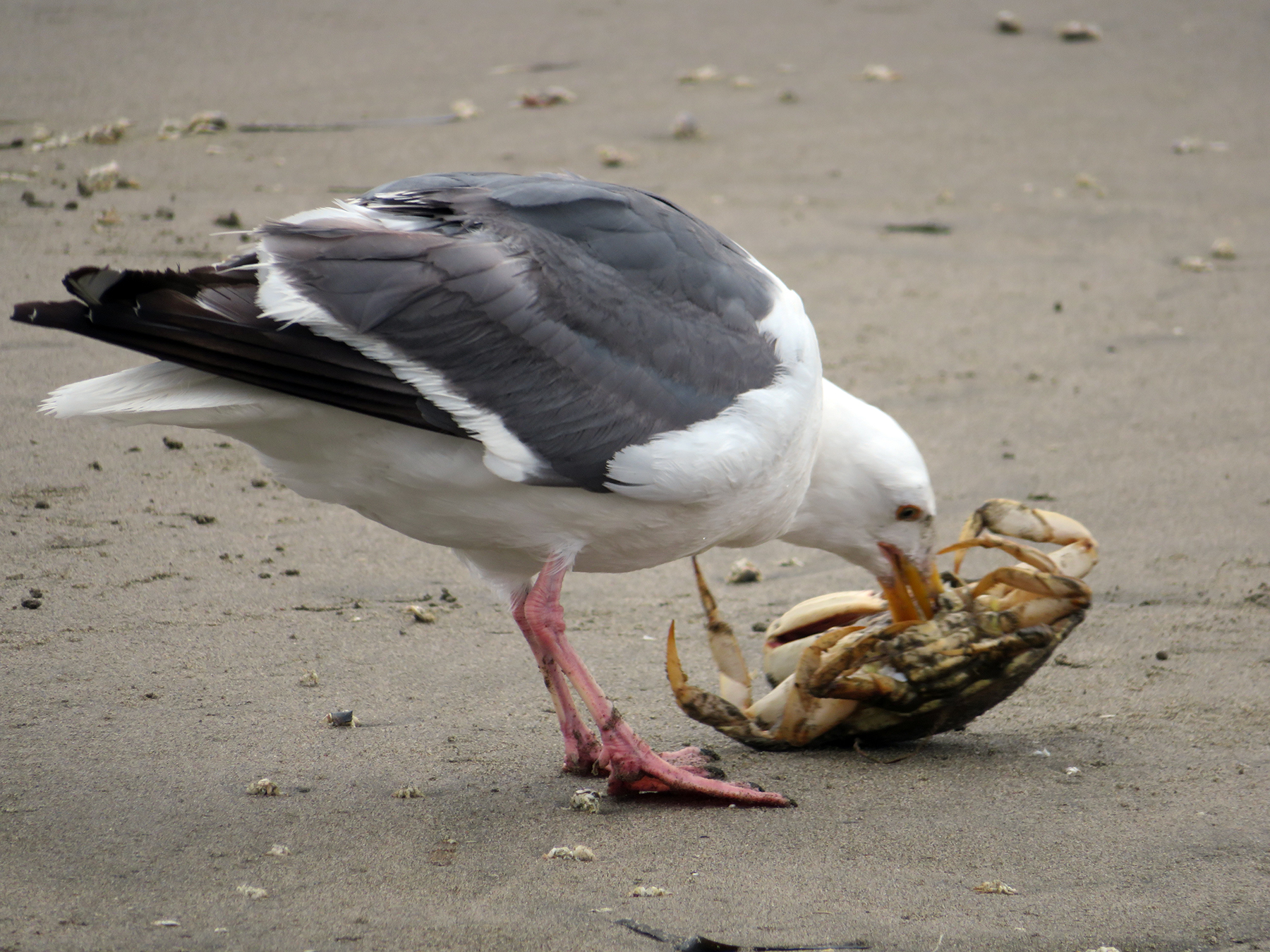Three days before his accident my son moved into his new digs on the Bay side of San Francisco. The neighborhood is a vibrant mix of old, moneyed houses up and down Protero hill, industrial buildings now converted into lofts, about a million car mechanic and auto body shops, the medical school and its adjacent hospitals, a Louis Vitton meets McNuggets mix of sorts.

And then there are whole street sides covered with tents of the unhoused who find protection in group settings. With one of them, Chavalle, who stays across the front door of the building, I am on a daily greeting basis.

When my son was still mostly confined to a wheelchair and the air was not too unhealthy, we would push it the 4 blocks down to the bay and sit and watch the action – ships coming in and out, cranes moving loads, backhoes digging sand from the channel, fishermen trying their luck in the grossly polluted waters.



One day a guy came with a big carton filled with crabs. One by one he released them into the water, taking note of it by filming his proceedings. I chatted him up and he said that he had bought the whole lot for a bunch of money intent on setting them free and not having them boiled to death for someone’s dinner.





Good intentions. Alas, the crabs were someone’s dinner after all. Maybe not all of them, perhaps some escaped. Let’s work on that glass half full perspective….

Below is one of the best descriptions of eating these critters I have ever read, with added food for thought when it comes to hunger. The poet, Kay Ulanday Barrett, identifies as mixed Filipinx and White American heritage and has recently published a book on their experience as a disabled transgender queer. Here is their website.
Aunties love it when seafood is on sale.
By Kay Ulanday Barrett
In summertime, the women
in my family spin sagoo
like planets, make
even saturn blush.
They split the leaves
of kang kong with
riverbed softness.
They are precise;
measure rice by palm lines
with laughter and season
broth made of creature’s last gasps.
You’d swear they were
teenagers again, talking gossip
stretching limbs
elastic, durable, like seaweed.
Come dinner time,
skilled mouths slurp
through the domes of
shrimp and crab.
They
prize the fat,
the angles of their teeth
splinter claw, snap sinew,
dip tart into sweet
then back again;
bitterness balanced,
succulence on succulence,
is to find flesh from even the
smallest of spaces.
Women who swallow whole,
who make a pile of bones,
who suck teeth,
taste every morsel,
so that all that is left
is a quiet room
and shells of what once was.
To the daughters of dried fish nets
whose dreams dragged on sand,
dragged to this country,
they bring home recipe years later,
flick joints to garlic,
salabat to the sick,
culinary remix, teach cousins,
this is how we stay alive,
mourning in the Midwest
by taste bud.
Afterwards, they keep the ocean
husks for another meal
because to get a good deal
is to double.
And anybody from the island
will tell you,
that is where true flavor is
and what is hunger
anyway, but the carving
out of emptiness,
the learning you gotta always
always save something
for later?
And here is, how can I not, a crab canon. A crab canon is an arrangement of two musical lines that are complementary and backward, similar to a palindrome. It originally referred to a kind of canon in which one line is played backward. J.S Bach’s Musical Offerings has the perfect one.





